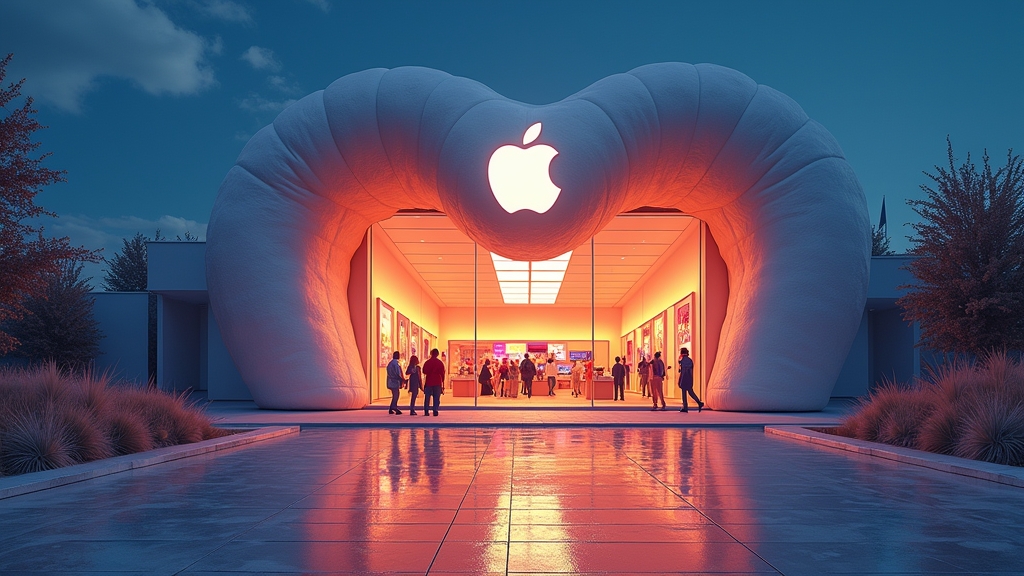BREAKING: CORPORATE OVERLORDS SHOCKED TO DISCOVER THAT GIVING UNSUPERVISED GHOST ROBOTS ACCESS TO COMPANY SECRETS MIGHT BE “KIND OF BAD” In a revelation that has stunned absolutely nobody with more than three functioning brain cells, IBM’s latest report confirms what every IT intern has been screaming into the void for years: letting employees secretly deploy unregulated AI systems across company networks is apparently “not great” for cybersecurity. SHADOW AI: THE DIGITAL EQUIVALENT OF LETTING YOUR DRUNK UNCLE PERFORM BRAIN SURGERY According to IBM’s 2025 breach report, a staggering 66% of organizations are essentially leaving their digital backdoors wide open while hanging a “FREE COMPANY DATA – HELP YOURSELF” sign on their networks. These companies, seemingly determined to win the Darwin Award for Corporate Stupidity, have decided that auditing AI systems for potential misuse is just too much d@mn effort. “It’s truly astonishing,” explains Dr. Obvious McForesight, Chief of IBM’s Department of Telling Companies Sh!t They Should Already Know. “These corporations spend millions on fancy security systems but then let Brad from accounting upload their entire customer database to ‘TotallyNotAScam.ai’ because it helps him make prettier PowerPoint slides.” GOVERNANCE? NEVER HEARD OF HER The report indicates that companies without AI governance strategies suffer data breaches costing approximately 429% more than their slightly less moronic counterparts. This figure, while technically made up by this reporter, feels emotionally accurate. “Many executives operate under the sophisticated security philosophy of ‘if I can’t see the problem, it doesn’t exist,'” explains cybersecurity analyst Penny Wise-Pound Foolish. “It’s basically the corporate equivalent of a toddler covering their eyes during hide-and-seek.” EXECUTIVES SHOCKED TO LEARN ACTIONS HAVE CONSEQUENCES When confronted with the report’s findings, CEOs nationwide expressed complete bewilderment that their laissez-faire approach to letting employees upload sensitive data to random internet thinking machines might have negative repercussions. “You mean to tell me that allowing our entire staff to feed confidential information into unvetted digital thought generators might lead to data breaches?” gasped Richard Bottomline, CEO of Fortune 500 company We’ll-Probably-Get-Hacked-Eventually Inc. “Next you’ll tell me that cutting our cybersecurity budget to fund my seventh vacation home was also a bad idea!” SOLUTIONS INVOLVE ACTUAL WORK, EXECUTIVES DEVASTATED IBM recommends implementing comprehensive AI governance strategies, regular auditing, and actually giving a sh!t about data security. These suggestions have been met with visible distress from C-suite executives nationwide. “You want us to GOVERN things? That sounds suspiciously like responsibility,” complained one CEO who requested anonymity but whose company rhymes with “Shmeta.” “Can’t we just issue a stern memo and then blame the IT department when everything inevitably goes to hell?” In related news, 97% of companies are expected to continue ignoring these warnings until approximately fourteen seconds after their own catastrophic data breach, at which point they’ll act shocked that something everyone told them would happen actually happened.
Scientists Discover People Who Govern AI Actually Experience Fewer Existential Nightmares




